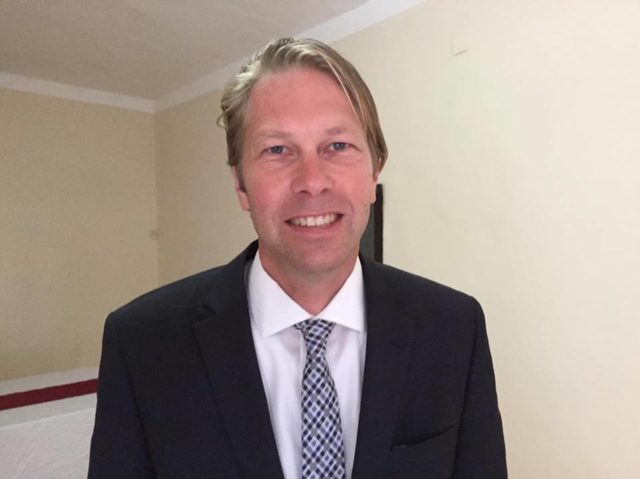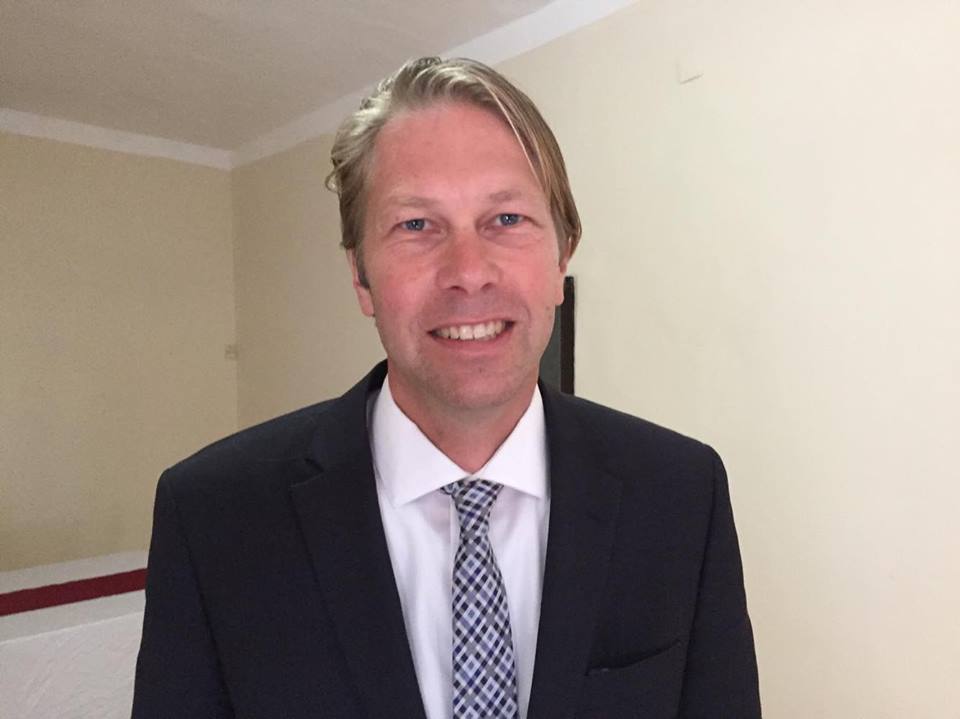Q&A: Swedish ambassador to Somalia on his country’s role in PCVE


Sweden is co-chairing the PCVE component under Strand 4 of the Security Pact agreed to during the London conference in May. Goobjoog News spoke with Swedish ambassador to Somalia Andreas von Uexküll on his country’s role and relations between the two countries.
Goobjoog News: What is your take on the just concluded Security and Partnership Conference in Mogadishu?
Amb. Andreas von Uexküll: That was actually a big success in my view. We followed up on the decision that was taking in London made in a very grand way. Communique was adopted Monday on security and the communique was adopted on Tuesday on partnership.
And the security challenges and the economic challenges needs to go hand in hand. So we were very happy that it was done and all the international community was there and we had representatives from the full government there. And I think it was a very good success.
The London conference agreed on financial commitments to fund the Security Pact and in particular the National Security Architecture during the recently concluded conference. However there appears to have been no mention during the Mogadishu Conference regarding the funding of the agreements. Could you shed some light on this?
Well I will speak on behalf of Sweden and Sweden is with the Somalia people for the long haul.
We are now doubling up our development corporation program and that is the reason why I’m here meeting the civil society and representatives of the government to discuss the strategy for our new funding and we are doubling up to 350 million US dollars for the next five year period. And by that we are really showing a commitment to support Somalia to become more stable and economically vibrant society.
Sweden is co-chairing the Prevention/Countering Extremist Violence (PCVE). What does this entail?
The PCVE is key to achieve durable peace.
It is the prevention and countering of violent extremism. There is no military solution to the problem in Somalia. You need to address the causes of the crime. And what it means is that the international community and the Somali authorities and the member states and the local level need to come together on action plans to improve education, to create viable economic opportunities for the youth instead of joining the dark forces that are in the society. It’s about vocational training. It’s about DDR Disarmament and Reintegration of people to a society all kinds of
Bilateral programs that we can develop to provide that opportunity for young people is key in PCVE.
And it also relates to communication to have another narrative for the people that are listening to propaganda that is not for the good cause of their own future.
Yes we are already doing things in this area and we are now also as we develop the new strategy looking to new areas for instance, prisoners is an area which we are looking closely at and how to have prisoners coming back to society and being a part of society in positive way. That’s one way us. But there are other areas as well.
First of all we need to get a strategy by the Federal government and the Member States and we managed to get that just a week ago. We now have the strategy and the action plans.
So now we have these plans, we need to see where we all can chip in. Sweden will do its share and the rest of the community will do their share.
You had indicated earlier you would be presenting a progress report during the Security Conference. Could you briefly touch on the report?
It’s actually not a progress report. What we adopted was a work plan for the next six month and where we should be in each month.
Quite a number of Somalis live in Sweden or even have Swedish citizenship and some are now coming home. Do you have any strategic plan in place in which these people can transfer the expertise they have gained in your country to build Somalia?
Indeed you’re touching on a very important part of what we are talking about and around 65,000 Swedes have Somali background. That makes up to 0.65 percent of our population.
So Somalis have enriched Swedish society and we also see many Swedish Somalis coming back to Somalia to be part of the state building in this country and that’s a wonderful thing. And what I want to talk about in the future is not really development aid or development cooperation. What I want to talk about is exactly that; it’s trade investment, it’s is job creation in Somalia.
Because that is something that we could both flourish from because I think in many ways Somalia and Swedes are similar. We are entrepreneur-like, we are trades people. We have global networks. We are very much connected to ICT and social media. The whole start-up sector that has been so vibrant in Sweden is also something that I see possibilities for in Somalia. So this is what I really want to talk about in future.